Keywords: Private Schools
-
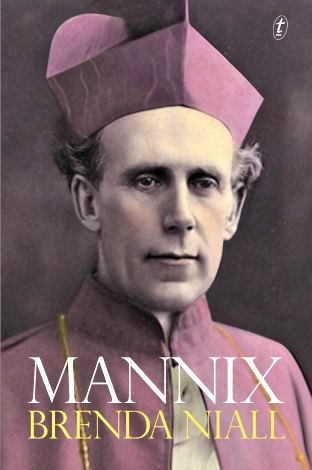
AUSTRALIA
- Andrew Hamilton
- 26 March 2015
15 Comments
Daniel Mannix, who was Catholic Archbishop of Melbourne 1917-63, knew how to control an audience and shift the perception of events. He argued fiercely against conscription in the 1917 Referendum, and railed against the exploitation of struggling workers. On finishing his new biography, I imagined a meeting between him and Pope Francis, both masters of public symbols with a disdain for church clericalism and sanctimonious speech.
READ MORE 
-
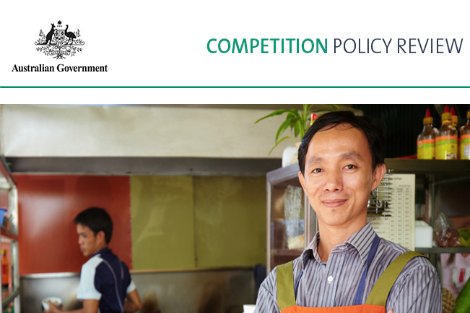
AUSTRALIA
- Julie Edwards
- 28 November 2014
8 Comments
Professor Ian Harper's Competition Policy Review could lead to radical change in the public services in which our governments invest over $184 billion (or 12.1 per cent of GDP) each year. Time-honoured public service values that include citizenship, fairness, justice, representation and participation, are threatened when services are seen as products that can be broken up and sold on the market.
READ MORE 
-
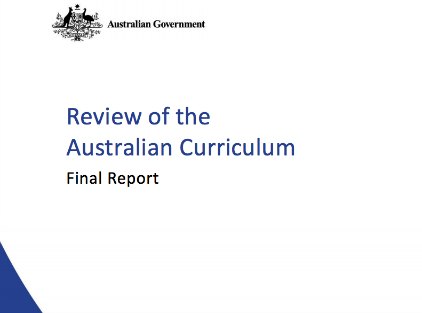
RELIGION
- Chris Middleton
- 16 October 2014
5 Comments
Federal Education Minister Christopher Pyne has supported a national curriculum, while some observers have cautioned that it is not the panacea for improving educational standards that many may hope for. The Federal Review report released in the past week addresses many of the concerns, and on the whole their recommendations seem appropriate and constructive.
READ MORE 
-
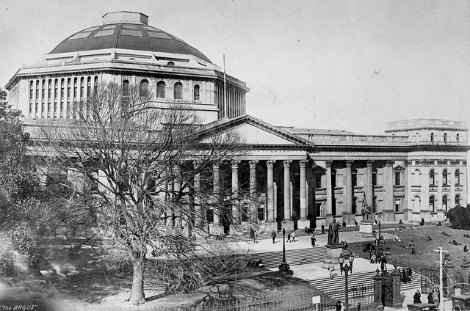
MARGARET DOOLEY AWARD
- Andy Lynch
- 27 August 2014
9 Comments
The kind of Australia we live in today can be directly attributed to the kinds of institutions built 150 years ago - schools, universities, libraries, museums, and more. But in 2014 is it even possible to carve out new public institutions or give new life to those that have waned in relevance?
READ MORE 
-
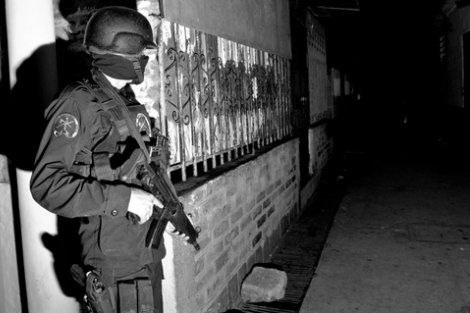
INTERNATIONAL
- Antonio Castillo
- 23 July 2014
2 Comments
The exodus of thousands of unaccompanied and undocumented children from Central America countries to the US — via Mexico's unforgiving northern border — has become a humanitarian crisis of unprecedented dimensions. While organised crime continues, economic violence remains unresolved and the US doesn't get its migration policy right, such children will keep risking their lives.
READ MORE 
-
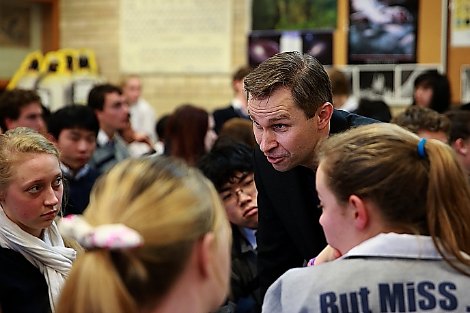
EDUCATION
- Catherine Marshall
- 27 June 2014
13 Comments
Amidst a whirl of media interviews and meetings, David Sinclair, professor of genetics at Harvard University and one of Time magazine's 100 most influential people in the world for 2014, paid a visit to his alma mater: a state school in suburban Sydney. State schools aren't the repositories of children too impoverished or unintelligent for the alternative; they're the living manifestation of democracy, egalitarianism, multiculturalism and ecumenism.
READ MORE 
-

EDUCATION
- Ellena Savage
- 13 June 2014
11 Comments
Year 12 tertiary entrance exams: turning 17-year-olds into nervous wrecks since the 1830s. They divide the smart from the dumb, the hopefuls from the no-hopers, and, what it boils down to more often than not, the privately educated from the state educated. But what if there was another way, a way that properly acknowledged the impact high schools have on their students' access to university admission?
READ MORE 
-
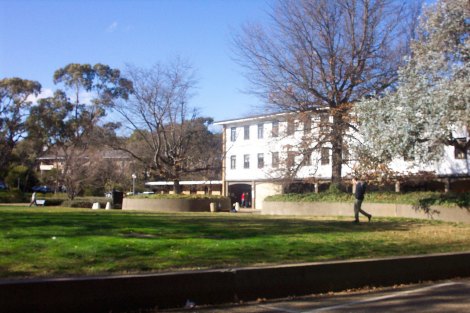
EDUCATION
An unregulated fee regime will result in an increase in course costs and will mean substantially larger debts for students after their periods of study. The prestigious Group of Eight institutions can be expected to exploit their reputational positions to charge top dollar. How does a 17-year-old decide whether selecting the degree from the prestige university over the same course at a newer institution justifies an extra decade of debt?
READ MORE 
-

AUSTRALIA
- Frank Brennan
- 11 April 2014
8 Comments
'We should abandon talk of taking Australia off the table. We should also abandon talk of taking the sugar off the table. The collateral damage of that is too great. The best we can do ethically and practically is to put the sugar out of reach while leaving it on the table for those who make it here with a visa or in direct flight from persecution.' Frank Brennan contributes to a Palm Sunday panel at St Michael's Uniting Church, Melbourne.
READ MORE
-

ARTS AND CULTURE
- Geoff Page
- 04 February 2014
6 Comments
They say there's humour in the Bible, but I am not so sure. The scholars cite a joke or two. Why aren't there rather more? The Book of Psalms (one twenty-six) has mouths that 'filled with laughter' — but that's no consolation if a smiting's coming after.
READ MORE 
-
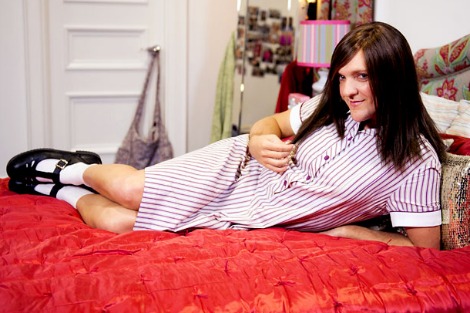
AUSTRALIA
- Michael Mullins
- 09 January 2014
TV viewers are alarmed that they can so easily identify with Ja'mie King, Chris Lilley's studiously unlikeable comic creation in ABC1's Ja'mie: Private School Girl. In a previous incarnation, Ja'mie was sponsoring underprivileged Third World children about whom she knew little and cared less. People like Ja'mie have a pathological disability to feel the needs of others.
READ MORE 
-

INTERNATIONAL
- Duncan MacLaren
- 18 December 2013
17 Comments
After six years in Australia, I am returning home to Scotland to work for the next year's referendum, which will ask if Scotland should become an independent country. It is essentially a contest between the present insular, Little Englander nightmare and a place in the world as a sovereign state. That's worth leaving Australia for!
READ MORE